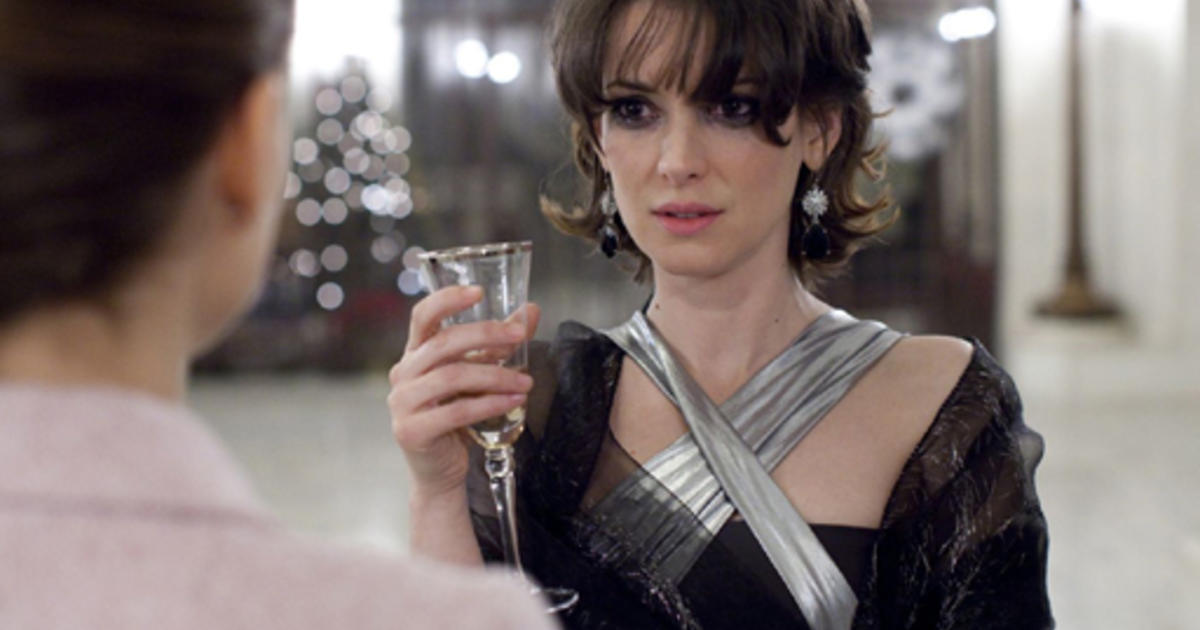She dies as she can’t replicate that performance again
The ending of Darren Aronofsky’s Black Swan may be challenging or difficult to comprehend for some viewers, but that’s okay because I am here to try and break it down. Black Swan is a draining, emotionally taxing experience, built to replicate the shattered, insecure mind of Nina. The fight between debauchery and innocence of the White and Black swan, manifest themselves as the two halves of Nina. This creeps more and more forward throughout the film as Nina battles between her overbearing mother and the politics of a leading role in an A list ballet.
Is Nina’s Death Literal or Metaphorical?
I will focus just on the ending for today though, in particular what the ‘death of Nina’ really means. I don’t believe the ending of Black Swan should be taken in the literal sense. Throughout the film we are given obvious evidence that the lines between fiction and reality for Nina, and ourselves as an audience, are most certainly blurred. This is most obviously seen in scenes where Nina begins growing feathers, symbolizing the beginnings of the white and black swans taking over Nina’s mind and body.
The Climax of the Ballet

In the final scene, Nina concludes the ballet in a dramatic climax and the death of the white swan. Her bleeding atop of the staircase and on the mattress below could easily be perceived as literal, a stabbing, caused by a cast member or even herself… but that is much too simple for a film as dense as Black Swan. It should be perceived metaphorically, as the death of the White Swan within Nina, not just within the ballet.
Nina’s Final Transformation Into the Black Swan
Nina has become entirely one with her character by the time of her climatic final scene, she can no longer suppress what lies within and she lets the feathers protrude and take over. As she hits the mattress, bleeding, this can be perceived not as the literal death of Nina the person, but the innocence, the ‘white swan’ within Nina, finally leaking from her body, she has finally overcome her overbearing mother, her rival performers, and overall herself. She has become the Black Swan, the Black Swan we saw consume her, covered in thick feathers, a demonic version of herself.
Nina’s Final Act of Perfection

This performance is Nina’s ‘swan song’ , her final great act before the death of her current self, beyond this performance, she can become anew, infused with the soul of the Black Swan. As the blood releases (the soul of the white swan) she states ‘it was perfect’ reinforcing the idea of ‘the swan song’, she could never replicate that performance, the white swan within Nina has given everything it has to give. Thomas and the other performers crowd her, showering her in praise. Only after a moment do they realize she’s bleeding. This gap between praise and realization, though confusing, could be a very brief glimpse, at the mind of Nina, where praise and harm are so close.
The Unreliable World of Black Swan
Of course this remains just a theory and many conclusions can be made from Black Swan, but everything you see is not to be believed. Black Swan is full of unreliable notions, the way to unpack Nina, and deciphering what is shown is to crack into her psyche, and put yourself into her ballet shoes, only then will the inner lurking of Black Swan be revealed.

Chaitanya Tuteja is someone who enjoys sharing his thoughts on books, movies, and shows. Based in India, he appreciates exploring different stories and offering honest reflections. When not reflecting on his favorite media, Chaitanya enjoys discovering new ideas and embracing life’s simple moments.


Онлайн-площадка — официальная страница частного детективного агентства.
Мы предлагаем услуги в сфере сыскной деятельности.
Штат сотрудников работает с предельной конфиденциальностью.
Мы берёмся за сбор информации и анализ ситуаций.
Услуги детектива
Любая задача рассматривается индивидуально.
Мы используем проверенные подходы и ориентируемся на правовые стандарты.
Если вы ищете настоящих профессионалов — вы нашли нужный сайт.
На этом сайте можно найти свежие новости Краснодара.
Здесь размещены актуальные события города, репортажи и важные обновления.
Следите за городских новостей и получайте только проверенные данные.
Если вам интересно, что нового в Краснодаре, заглядывайте сюда регулярно!
https://rftimes.ru/